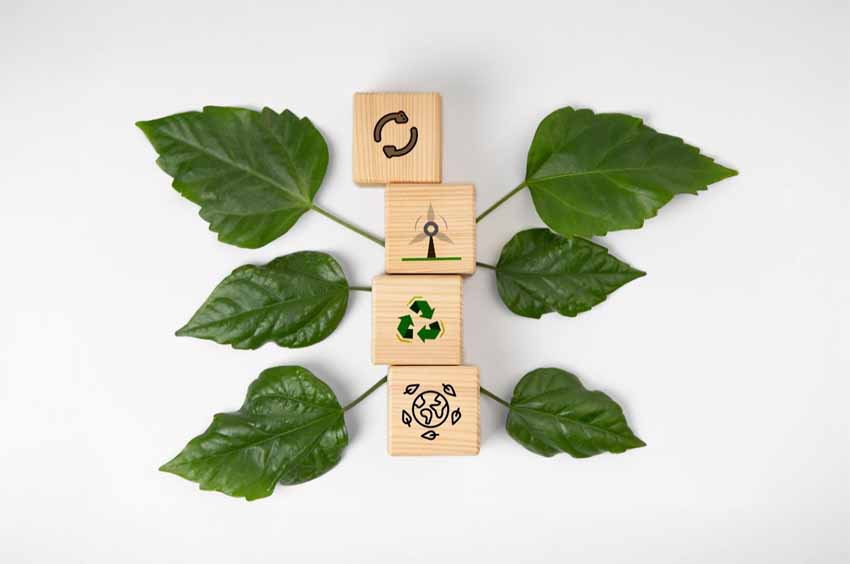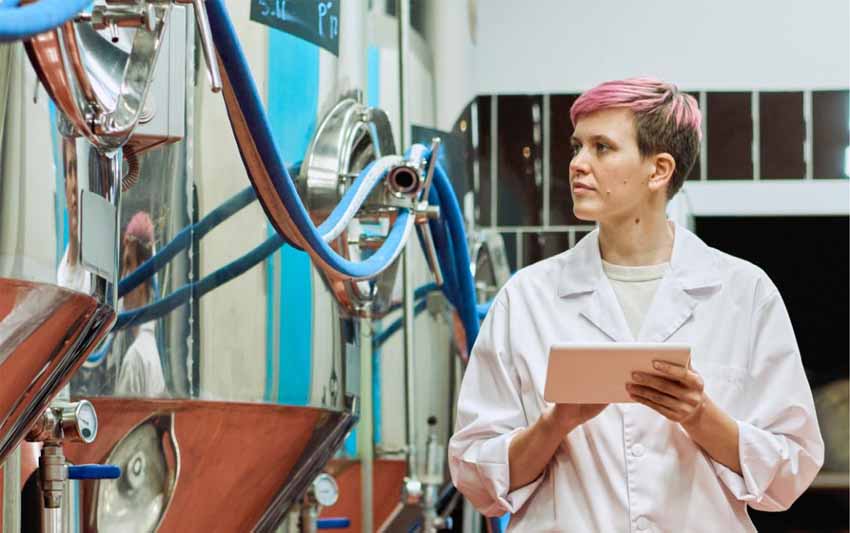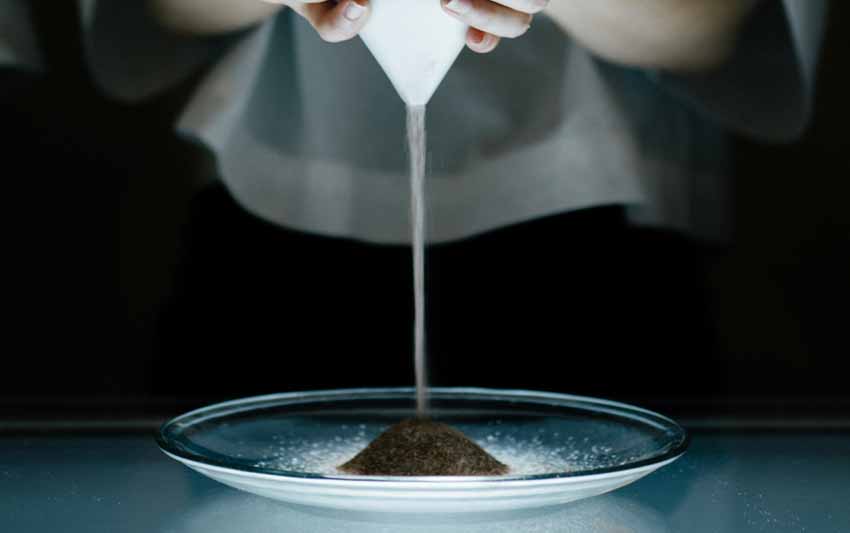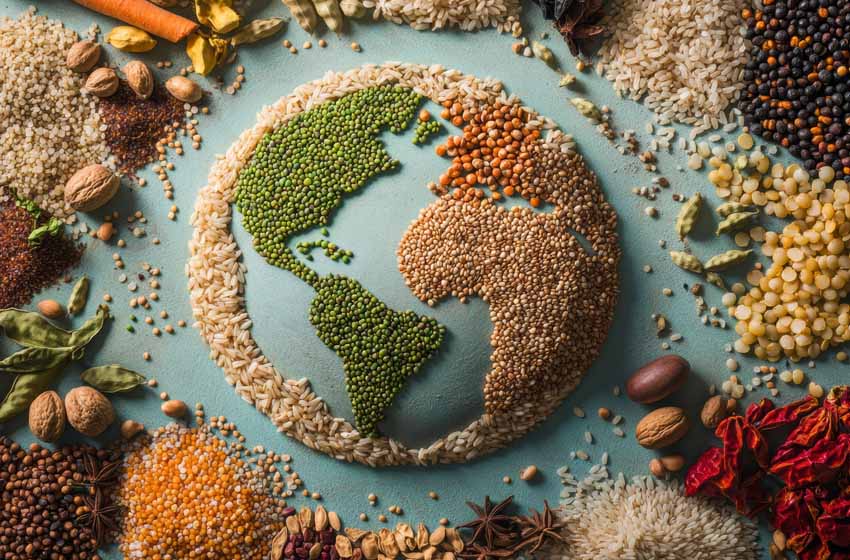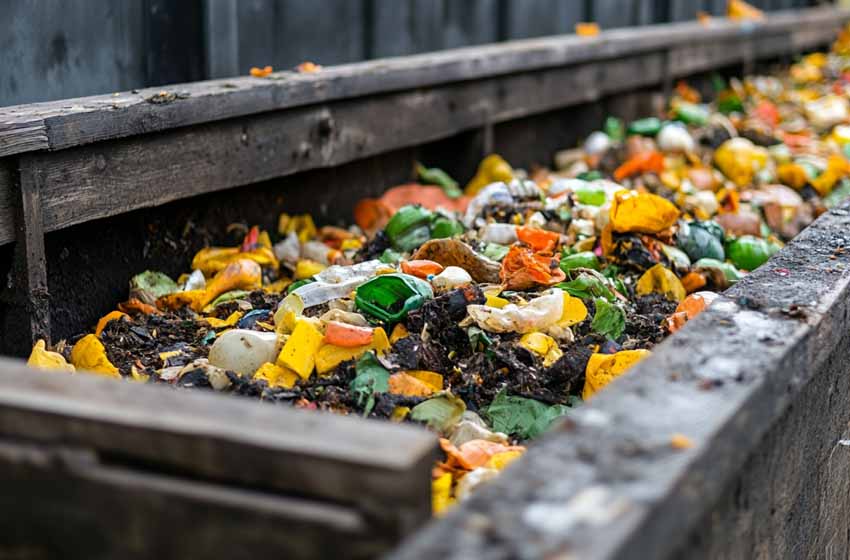International Journal of Gastronomy and Food Science. The first journal that manages to bring gastronomy into the ranking of top-quality scientific journals
Últimas noticias
Digital Transformation of the Fishing Fleet: AZTI Explores the Future of the Industry with AI and Sustainable Solutions
The replica of the San Juan will set sail on a scientific mission thanks to an agreement between Albaola and AZTI.
Artomaña Txakoli Achieves the Best Enviroscore Category (A), as a Result of Its Environmental Commitment
- Its promoters, Mugaritz, AZTI and Basque Culinary Center, and its publisher Elsevier, celebrate it with a joint seminar that renowned experts will be participating in: Andoni Luis Aduriz (Mugaritz) Rogelio Pozo (Azti), Joxe Mari Aizega (Basque Culinary Center), Juan Carlos Arboleya (IJGFS), Morgane Dagot (Elsevier), Dani Lasa, (Imago), Jorge Ruiz (Universidad de Extremadura), Charles Spence (Universidad de Oxford), Jozef Youssef (Kitchen Theory) and Julian Otero (Mugaritz).
- The seminar “International Journal of Gastronomy and Food Science: when culinary arts and research collide”, will be celebrated on October 22nd at 5:00 pm (CEST). Open registration through Zoom platform at: https://zoom.us/webinar/register/WN_py-TZQiDRyKwyfGTWL8d1w
- International Journal of Gastronomy and Food Science is the only indexed research journal that deals with the interaction of food science and gastronomy.
San Sebastian, 14th October 2020. Gastronomy takes a step forward in its scientific recognition. The International Journal of Gastronomy and Food Science (IJGFS), achieves an historical impact factor and becomes the first journal that manages to bring gastronomy into the world of scientific publications. After increasing its impact factor over the last year by more than 65% and achieving an impact metric of 2.186, the gastronomic-scientific journal published by Elsevier, whose editor in chief is Juan Carlos Arboleya, a lecturer at the Basque Culinary Center, has overcome the challenge of competing with purely scientific journals and added to its prestige by bringing gastronomy up to the same level of quality.
IJGFS was created in 2012 promoted by Mugaritz and AZTI, and published by Elsevier, the world’s biggest scientific literature publisher. Later, the Basque Culinary Center joined as a promoter of this publication which, under a scientific perspective, aspired to become a referential space of communication for chefs and scientists in the five continents, and it seems that they have achieved it at last.
On occasion of this, its promoters and the publisher will hold next 22 October a digital seminar that will review the history of the publication with renowned experts.
The online event, titled “International Journal of Gastronomy and Food Science: when culinary arts and research collide”, will present in English and Spanish the track record of the International Journal of Gastronomy and Food Science (IJGFS), the only indexed research journal that deals with the interaction of food science and gastronomy, with professionals, editors and collaborators from the gastronomy-science sector.
Experts such as Andoni Luis Aduriz, from the Mugaritz Restaurant and honorary editor of IJGFS, Rogelio Pozo, director general of AZTI, Joxe Mari Aizega, director general of the Basque Culinary Center, Juan Carlos Arboleya, lecturer at the Basque Culinary Center and chief editor of IJGFS, Morgane Dagot, editor at Elsevier, Dani Lasa, from Imago and former chief editor of IJGFS, Jorge Ruiz, from the University of Extremadura and associate editor of IJGFS, Charles Spence, professor at Oxford University and associate editor of IJGFS, Jozef Youssef, chef at Kitchen Theory and associate of IJGFS and Julián Otero, R&D at Mugaritz and associate editor of IJGFS, will try to describe the origins of the journal, its creation and how the project developed, and the journal’s current performance will be presented, highlighting significant factors in academic publication. In addition, the presentations will be followed by an open debate on the future of the interaction between science and gastronomy, where the audience will have the chance to ask the panellists questions.
The seminar’s objective will be, among others, to determine how the science-cuisine interaction can change both the world of science and the world of gastronomy, and will do so by debating different aspects of the journal, such as how the idea arose, the steps taken, the project’s complexity, the addition and involvement of the academic world in the project, or the importance of the journal for the Basque Culinary Center.
The dialogue will also centre on the importance of the impact index of IJGFS, where the participants will share their technical point of view and will propose actions to reinforce the impact index and increase the quality of its articles, ending with an open debate on the future of this relationship between science and cuisine and how the journal can help to generate an impact on it.
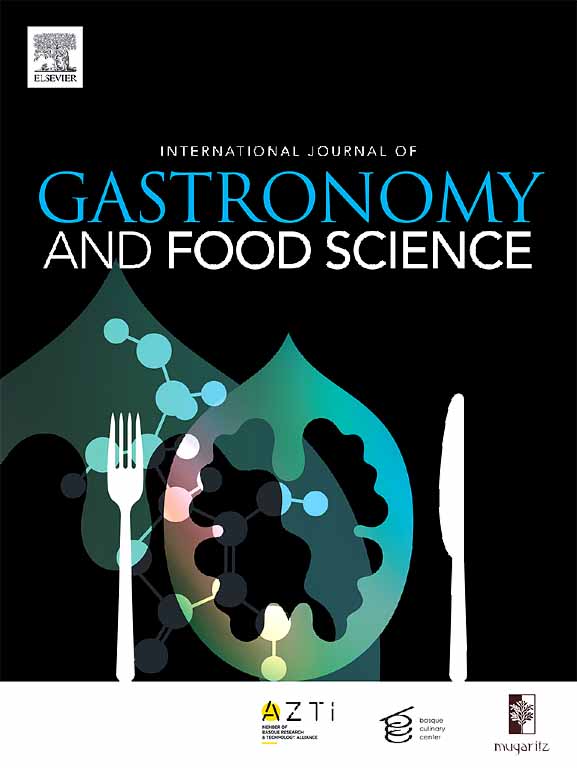
Índice de contenidos
International Journal of Gastronomy and Food Science
IJGFS, or what’s the same, the International Journal of Gastronomy and Food Science, is an indexed publication explicitly focused on the connection between food science and gastronomy. That is, the journal seeks articles with clear proof of this interaction and likewise encourages scientists and chefs to publish original scientific articles, comments and culinary work.
Independent chefs or those who work with a research team can send in articles on any culinary, conceptual or methodological work, developed in a restaurant and with a description of techniques, ingredients, the creative process or concepts, clearly indicating their work’s contribution to gastronomic knowledge.
Likewise, IJGFS explores all aspects related to the growing field of the interaction of gastronomy and food science, in aspects such as food science in relation to gastronomy (food chemistry and physics, food technology, microbiology, new ingredients, health and nutrition, development of new products…), sensory experiences related to food (sensory science, perception, preferences, chemesthesis…), innovation in gastronomy (culinary concepts, creativity in gastronomy, culinary trends, work systems and protocols, culinary performance…) and gastronomy in perspective (gastronomy tourism, the sustainability of gastronomy, social and cultural aspects of gastronomy, culinary traditions…).
IJGFS aims to cover all the components that contribute towards the appreciation and enjoyment of food. Also relevant is research into science-based education programmes in gastronomy, anthropology, gastronomy history and food sociology. All these fields of interest are contributing towards a better understanding of this broad term and its practical implications for science and society.
Impact Metric
The Impact Metric, also known as the impact index, as of 2019 of the International Journal of Gastronomy and Food Science, is 2.186. In comparison to the historical Impact Index, in 2019 the International Journal of Gastronomy and Food Science grew by more than 65%.
The Impact metric measures the importance of a scientific publication and has a very large influence regarding how scientific research publications are perceived and assessed, and is generally calculated based on a two-year period. Journal Impact Trend Forecasting System provides an open, transparent and straightforward platform to help academic researchers predict the impact and performance of the journal through the wisdom of crowds. Journal Impact Trend Forecasting System displays the exact community-driven data without secret algorithms, hidden factors, or systematic delay.
